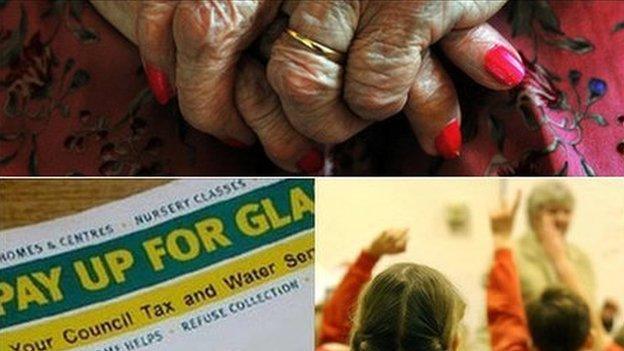Councils fail to meet clothing grant recommendation of £70 per child
- Published
Research by BBC Scotland finds that grants for school uniforms vary substantially across Scotland
The majority of Scotland's 32 councils failed to increase the level of school clothing grants over the past decade, a BBC Scotland investigation has found.
Only eight local authorities have raised the subsidy for low income parents in that time.
A 2009 government working group, external proposed a minimum clothing grant of £70 - but six years on, just six councils have met the recommendation.
A child poverty charity called the findings "hugely disappointing".
The new figures - obtained by BBC Scotland through a series of freedom of information requests - showed that parents on a low income could be given anything from £20 to £110 to put towards school uniforms each year.
The smallest subsidy offered for a secondary school pupil was by Angus Council with the largest by West Lothian.

Use the INTERACTIVE CALCULATOR, external developed by BBC data journalist Marc Ellison to see how far you can stretch a council clothing grant.
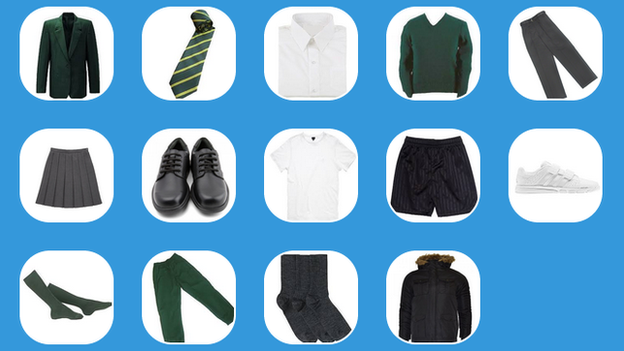
Try and clothe a child on a council clothing grant using BBC Scotland's interactive calculator

The 1980 Education Act, external stipulates that local authorities must make provision for the clothing of pupils who would otherwise be unable to afford schoolwear.
Councils, rather than the Scottish government, are responsible for deciding the eligibility criteria, the grant amount and application process.
John Dickie, director of charity Child Poverty Action Group, said the school clothing grant was a lifeline for many low income parents in Scotland.
He said: "We know of siblings that end up having to share a gym kit, and of families struggling to replace clothes as they're worn out or where kids have grown out of them.
"Some families are struggling to have enough items of clothing to just get through the week if something needs washing."
'A more realistic contribution'
In 2006 poverty campaigners took a case to the Scottish Parliament highlighting that the grant offered by local authorities was not enough to adequately clothe children for school.
A government working group - which included Mr Dickie - issued a report on the matter in 2009.
It recommended that "with immediate effect, a minimum level of £70 is set for the school clothing grant, with further a review agreed to make progress towards a more realistic contribution towards the cost of school clothing".

CASE STUDY
Single mother Marie McCormick from Glasgow
Six-year-old Olivia may be excited about returning to school this week but her mother, Marie McCormick, dreads the approach of each new school term.
"I hate this time of year," says the single mother. "I've not got enough money to buy the things that she needs".
On a low income, she qualifies for the annual £47 clothing grant offered by Glasgow City Council - but she says it's not enough.
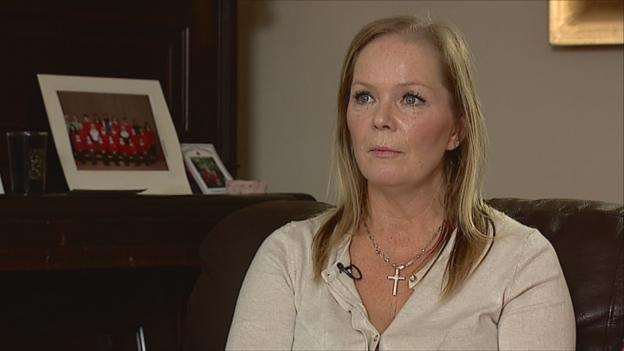
Single mother Marie McCormick says it's a "struggle" to clothe her daughter for the new school year
Ms McCormick said the annual grant won't buy a full uniform, shoes and a PE kit.
She explained: "I'm having to keep her shirts and cardigans from last year, just so that I can afford a jacket."
Ms McCormick added that councils did not consider seasonal changes as the £47 grant would need to finance a jacket and shoes for the winter months.

The data obtained by BBC Scotland showed that only six councils - Dumfries and Galloway, Inverclyde, North Lanarkshire, West Dunbartonshire, West Lothian and Highland - met the recommended minimum of £70.
Mr Dickie said: "It's hugely disappointing that it's only a handful of local authorities that appear to be paying that minimum level of grant that was recommended over six years ago."
'Tough economic times'
The BBC data also found that two councils had decreased the level of clothing aid.
A spokeswoman for Angus Council said: "We understand that people may be disappointed in the reduction of school clothing grant.
"Unfortunately in these tough economic times we have to make some cuts to ensure we can afford to run critical frontline services.
"As such Angus Council took the budget decision in 2014 to phase out the school clothing grant over three years."
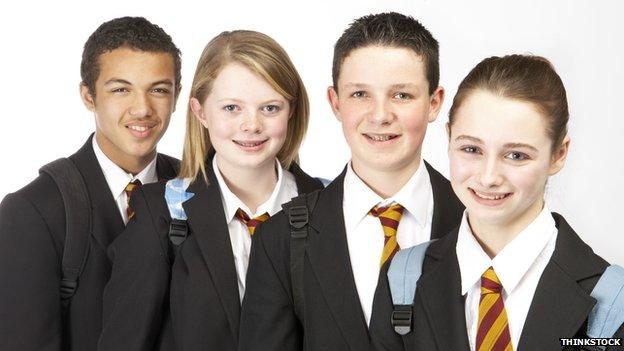
The number of applications for grants has decreased by 5% over the last three years
A spokesman for Glasgow Council said that the suggested £70 amount "was only a recommendation and not statutory".
He added: "We annually look at the cost of school uniforms and have noted the dramatic decrease in costs by retailers over the last five or so years.
"It should also be noted that our schools have negotiated local arrangements with retailers - and passing on discounts to their families through economies of scale."
A spokesman for Inverclyde Council, where the grant has trebled in the last decade, said the increase "reflects the high levels of deprivation and poverty in Inverclyde and the council's desire to support families meet the cost of these essential items".
In contrast to Scotland, the devolved Welsh parliament introduced a one-time grant a decade ago which currently stands at £105, external.
A Scottish government spokesman said: "In light of the cuts imposed upon us all by the UK government, we need to be realistic about any additional improvements that can be made.
"That's why we would encourage councils to continue to prioritise resources to those most in need in their local area."
The freedom of information data also revealed:
In 2005, nearly £9m was distributed in school clothing grants across Scotland - that decreased to £7.6m by 2014/15
The number of applications for grants has decreased by 4% over the last three years
The number of grants issued by West Lothian Council increased by 17% in 2012/13 - the same year the subsidy amount was doubled. A spokesperson said: "We believe the increase relates to a greater financial incentive to apply, more publicity for the scheme following the increase and changes in the financial situation of local families."
Applications for clothing grants to Aberdeen City Council have declined by 40% since 2010/11, compared with a 15% decrease in Edinburgh applications during the same time period.
- Published12 August 2015
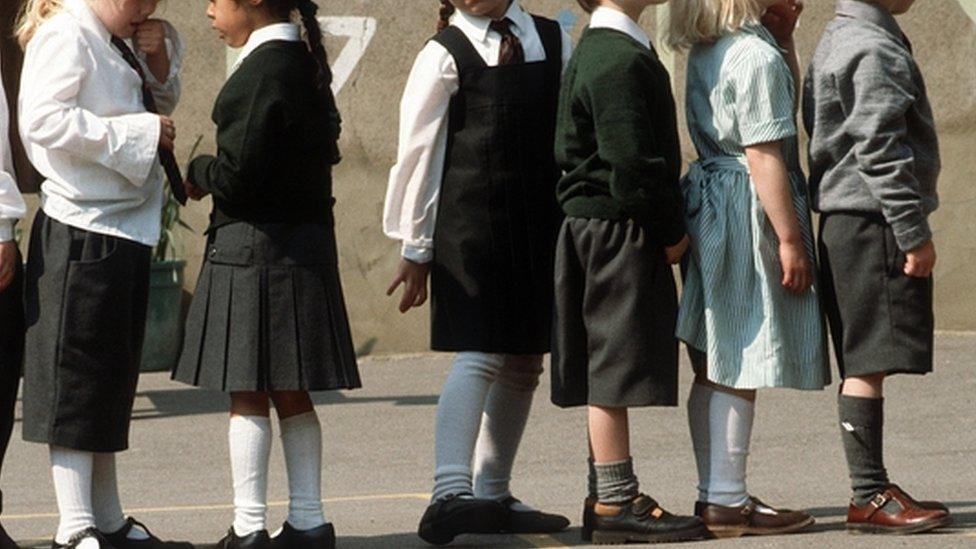
- Published14 September 2011
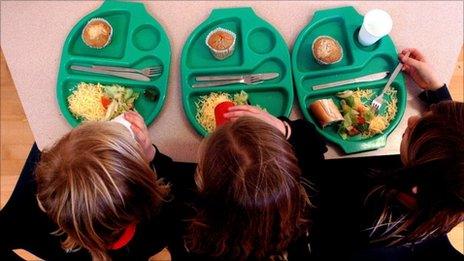
- Published16 December 2013
